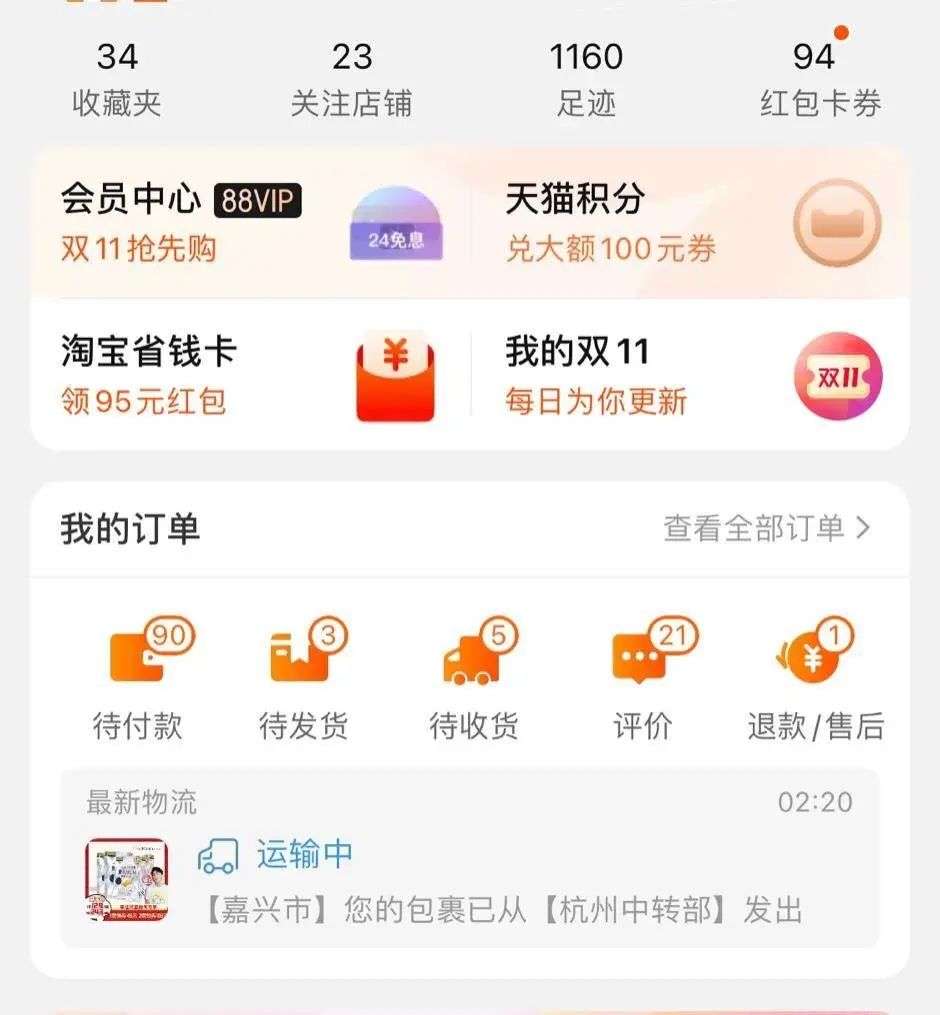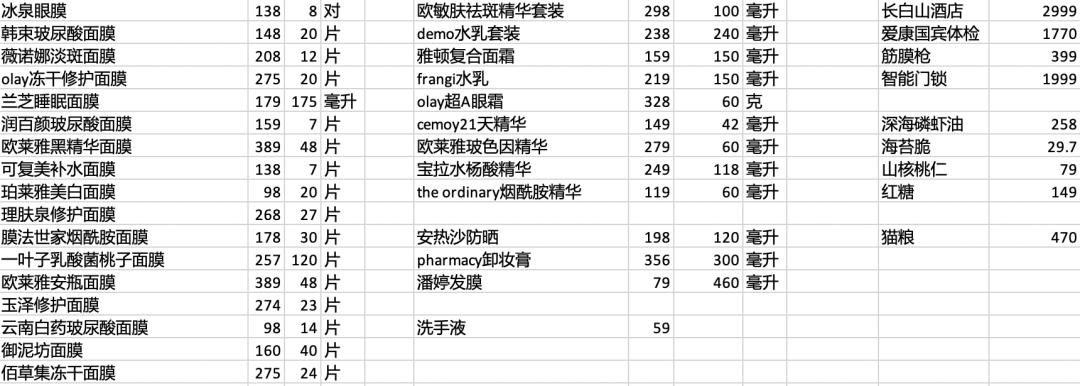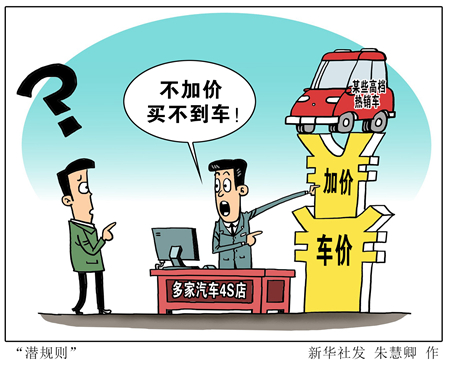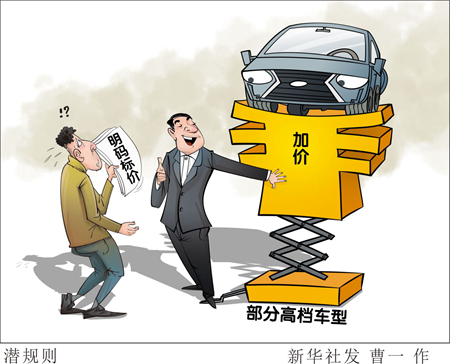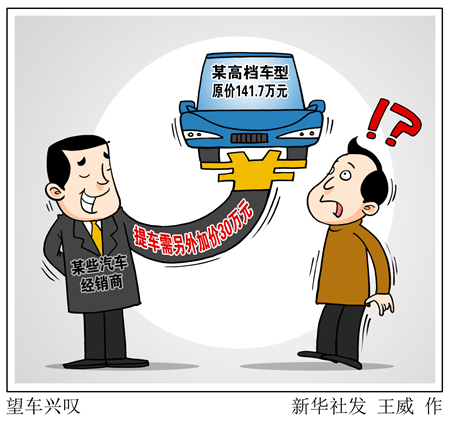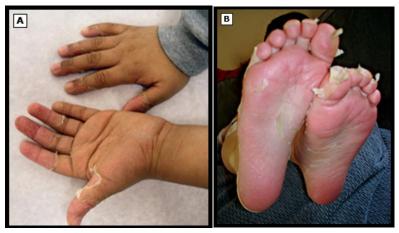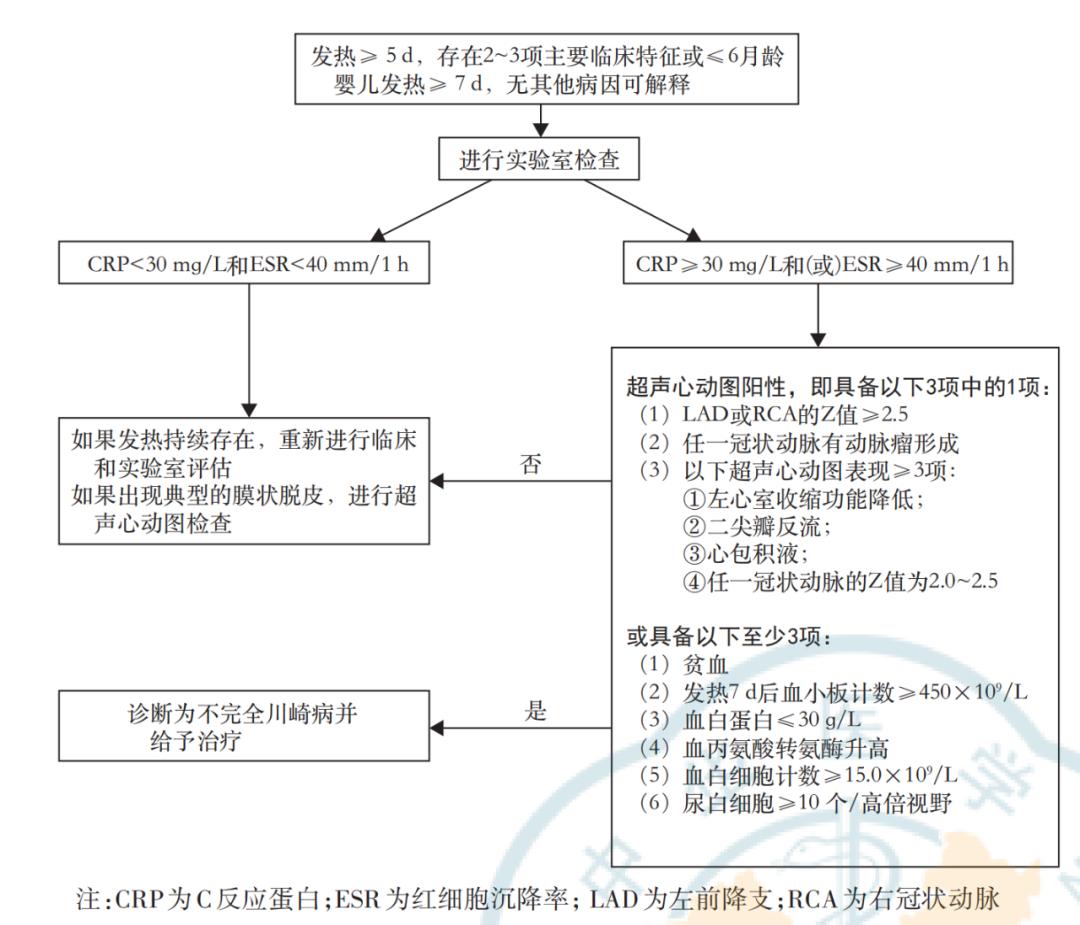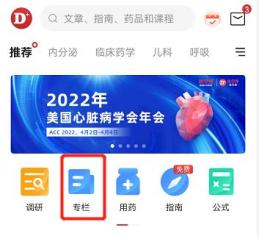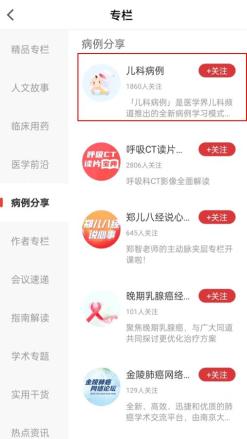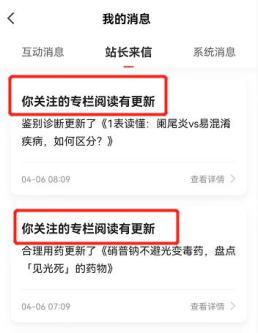Notice on printing and distributing the special action plan of saving electricity and helping power supply in Jiangsu Province
Municipal Bureau of Industry and Information Technology, Development and Reform Commission, Housing and Urban-Rural Development Bureau, Transportation Bureau, Bureau of Commerce, Market Supervision Bureau, Office Administration Bureau and Power Supply Company:
In order to further promote energy conservation and carbon reduction, help the power supply to meet the peak in winter and summer to be stable and orderly, and the social and economic operation to be stable, we have formulated the Special Action Plan for Saving Electricity to Help Power Supply in Jiangsu Province, which is hereby printed and distributed to you. Please conscientiously implement it in light of the local conditions.
Jiangsu Provincial Department of Industry and Information Technology           Jiangsu Provincial Development and Reform Commission
Jiangsu Provincial Department of Housing and Urban-Rural Development                 Jiangsu Provincial Department of Transportation
Jiangsu Provincial Department of Commerce                   Jiangsu province market supervision management bureau
Jiangsu Provincial Administration of Organ Affairs           State Grid Jiangsu Electric Power Co., Ltd.
December 8, 2022
Special Action Plan for Saving Electricity and Helping Power Supply in Jiangsu Province
In order to thoroughly implement the decision-making arrangements of the CPC Central Committee and the State Council on carbon-neutral work in peak carbon dioxide emissions and the spirit of the 20th National Congress of the Communist Party of China, adhere to the priority of saving electricity, give full play to the role of saving electricity to help ensure power supply, realize "helping to ensure power supply, improving efficiency and reducing costs", and ensure the smooth and orderly power supply in winter and summer and the smooth operation of social economy, this scheme is formulated in combination with the actual situation in our province.
I. Overall Requirements and Main Objectives
(1) General requirements
Guided by Socialism with Chinese characteristics Thought of the Supreme Leader in the New Era, we should thoroughly study and implement the ecological civilization thought of the Supreme Leader and the spirit of the important instructions of the General Secretary of the Supreme Leader on energy security, conscientiously implement the requirements of the 20th National Congress of the Communist Party of China on "implementing a comprehensive conservation strategy", firmly establish the concept of "energy efficiency is the first energy source", strengthen mechanism innovation and model innovation, and comprehensively adopt policy guidance, market guidance, technological innovation, energy conservation supervision and publicity initiatives. We will further promote users in all fields to actively optimize electricity consumption behavior, comprehensively improve the efficiency of electricity utilization, guide the formation of a good social fashion of saving electricity, science of electricity and orderly electricity use, promote the formation of a green and low-carbon production lifestyle, and help the stable and orderly supply of energy and electricity.
(II) Main objectives
By 2023, the proportion of in-service high-efficiency and energy-saving motors will reach more than 20%; The proportion of high-efficiency and energy-saving transformers operating in the network increased by 10%, and the proportion of new high-efficiency and energy-saving transformers reached more than 75% in that year.
By 2025, the energy consumption of added value of industrial units will be reduced by more than 17% compared with 2020, and the level of industrial energy efficiency will be in the forefront of the country, and the level of green and low-carbon development will be significantly improved; Compared with 2020, the energy consumption per unit building area and per capita comprehensive energy consumption of public institutions decreased by 6% and 7% respectively.
Second, the key tasks
(A) improve the level of energy efficiency of electricity facilities and equipment
Accelerate the elimination of backward high-energy-consuming electrical equipment, vigorously promote the application of advanced and applicable energy-saving technology and equipment and products, promote power grid enterprises to carry out a comprehensive survey of transformers operating in the network, and improve the energy efficiency level of key general equipment systems such as boilers, transformers, motors, pumps, fans and compressors in use. Carry out energy-saving diagnosis for key common key power consumption links and systems, and encourage energy-using units to increase energy-saving technological transformation by adopting various ways such as contract energy management. New municipal lighting projects must adopt energy-saving technologies, and gradually promote the energy-saving transformation of existing projects. Guide urban civil buildings to save electricity for lighting, air conditioning, elevators and other electrical equipment, and gradually eliminate electrical equipment with high energy consumption and low efficiency. Promote the application of renewable energy utilization, ice storage and other technologies in the construction field. (The Provincial Department of Industry and Information Technology, the Provincial Development and Reform Commission, the Provincial Department of Housing and Urban-Rural Development, the Provincial Department of Commerce, the Provincial Organs Administration Bureau, and the Provincial Electric Power Company are responsible for the division of responsibilities, and the local functional departments are responsible for the implementation. The following are required to be implemented by local functional departments, and are no longer listed)
(2) Strengthen the normal management of electricity conservation.
Organize public institutions to formulate a refined electricity saving management system, strengthen the energy saving management of air conditioners, lighting, elevators, offices and other equipment, and clarify the person responsible for supervision and inspection. Implement optimal strategy control for lighting, air conditioning and other systems to improve electricity efficiency. Strengthen the power-saving management of subway stations, high-speed railway station, bus stations, airports and other transportation stations, and rationally optimize the air-conditioning temperature and the number of lights on. Improve the intelligent bus dispatching system, match the best carrying capacity, optimize the station setting, vehicle configuration and shift arrangement of bus lines, and improve the operation efficiency. Strictly control the construction and operation of landscape lighting projects such as media walls and light shows with ultra-high energy consumption, ultra-large-scale, excessive lighting and light pollution. Encourage urban and rural residents to use energy-saving lamps and household appliances, and reasonably reduce the frequency of using high-power electrical appliances. (Provincial Development and Reform Commission, Provincial Department of Housing and Urban-Rural Development, Provincial Department of Transportation, Provincial Organs Administration Bureau, etc. are responsible for the division of responsibilities)
(3) Build and improve an online monitoring system for energy consumption.
Deepen the construction of online monitoring system for energy consumption of key energy-using enterprises, upgrade and improve the enterprise energy management center, implement dynamic monitoring, control and optimal management of energy, and improve the digital and intelligent level of enterprise electricity management. Optimize and improve the energy-saving management platform and building energy consumption monitoring platform of public institutions in the province, expand the installation and application scope of monitoring terminals, collect electricity consumption data of public institutions by classification, realize scientific operation and efficient supervision of building electricity, and help management and technical energy-saving decisions. Promote the classification of landscape lighting and street lighting in important areas and important single buildings (structures) into centralized management, realize "unified deployment, step-by-step control and effective shunt", and reduce the overall power load of landscape and municipal lighting. (Provincial Department of Industry and Information Technology, Provincial Development and Reform Commission, Provincial Department of Housing and Urban-Rural Development, Provincial Organs Administration Bureau, etc. are responsible for the division of responsibilities)
(D) Strengthen energy conservation supervision and measurement review.
Establish the connection between energy-saving supervision and management systems such as credit evaluation and energy-saving review of energy-using units, and improve the normalized energy-saving supervision mechanism. Strengthen energy-saving supervision to achieve full coverage of high-energy-consuming industries, key energy-using units and "two high" projects. On the basis of administrative punishment and serious investigation of illegal energy use, we will comprehensively use various measures such as credit supervision and differentiated electricity prices to strengthen the effectiveness of energy conservation supervision. Organize the metrological review of key energy-using units with annual comprehensive energy consumption of more than 5,000 tons of standard coal in the province. We will fully implement the energy consumption quota management of public institutions, strengthen the management of units that use energy beyond the constraint value, identify problems through energy audits and other methods, and make precise policies to improve the efficiency of electricity use. (Provincial Department of Industry and Information Technology, Provincial Development and Reform Commission, Provincial Market Supervision Bureau, Provincial Organs Administration Bureau, etc. are responsible according to the division of responsibilities)
(five) to guide all kinds of subjects to take the initiative to use electricity at different peaks.
Encourage industrial enterprises to actively respond and participate in electricity saving actions, rationally arrange production and business plans, and the response volume is generally 5%-20% of the maximum electricity load of the enterprise, and scientifically adjust the electricity load in combination with the power resource supply situation. Organize public institutions to actively participate in the power demand response to reduce the peak power load of the power grid. Guide industrial and commercial users to take measures such as saving electricity, optimizing and adjusting production and operation time, and actively stagger the peak power consumption of power grid load. Improve and perfect the orderly charging standard of electric vehicles, standardize the interaction mechanism between charging operation system and power grid, further match the large-scale orderly charging demand, and support the off-peak charging of electric vehicles. Organize car brands and online car platforms to carry out public welfare actions to save electricity and encourage operating vehicles to charge at peak times. Piloting the orderly charging and unified construction of residential communities, and encouraging car companies to be equipped with orderly charging piles. (Provincial Development and Reform Commission, Provincial Department of Industry and Information Technology, Provincial Department of Housing and Urban-Rural Development, Provincial Department of Transportation, Provincial Organs Administration Bureau, Provincial Electric Power Company, etc. are responsible according to the division of responsibilities)
(VI) Deepening guidance, encouragement and demonstration.
Carry out energy efficiency leading actions in key energy-consuming industries, expand the evaluation weight of energy saving in the selection of advanced energy-efficient units such as "energy efficiency leader" and "green factory", and encourage energy-using units to improve the efficiency of power resources utilization. We will promote the green and low-carbon leading actions of public institutions and the establishment of conservation-oriented institutions and energy-saving and low-carbon demonstration units. During the 14 th Five-Year Plan period, 350 energy-saving and low-carbon demonstration units and 80 energy efficiency leaders will be built. Establish a positive incentive mechanism for saving electricity with the family as the unit, and issue incentives for residents to save electricity during the peak winter and summer, so as to stimulate residents’ enthusiasm for saving electricity. Give full play to the guiding value and "wind vane" role of landscape lighting management and control in the field of energy saving in the whole society, close landmark lighting projects during the peak hours of power grid load, and enhance public awareness of energy saving. Encourage retail enterprises to increase the sales ratio of first-class and second-class energy-efficient household appliances, and guide consumers to give priority to purchasing energy-saving products. (The Provincial Department of Industry and Information Technology, the Provincial Development and Reform Commission, the Provincial Department of Housing and Urban-Rural Development, the Provincial Department of Commerce, the Provincial Organs Administration Bureau and the Provincial Electric Power Company are responsible for the division of responsibilities)
(seven) advocate the whole society green low-carbon production and lifestyle.
According to the situation of power supply during the peak season and winter and summer, it is appropriate to issue electricity saving initiatives to all organs, enterprises and institutions and residents in the province according to the time. Party and government organs and institutions at all levels should take the lead in implementing the relevant requirements for saving electricity, scientifically standardize energy-saving behaviors, and strengthen energy-saving management. Advocate shopping malls, hotels, office buildings and other public places to reduce the use of high-power electrical equipment and unnecessary lighting lamps during peak hours, and strictly implement the air conditioning temperature control standards for public buildings. Encourage the masses to make the best use of natural light at home, set the air conditioning temperature reasonably, reduce the time and frequency of air conditioning use, and turn off the power supply when not using electrical appliances. Use online and offline channels to carry out various forms of theme publicity, provide services such as power saving suggestions and time-sharing strategies, and advocate green and low-carbon production and lifestyle. (The Provincial Department of Industry and Information Technology, the Provincial Development and Reform Commission, the Provincial Department of Housing and Urban-Rural Development, the Provincial Department of Transportation, the Provincial Department of Commerce, the Provincial Organs Administration Bureau, and the Provincial Electric Power Company are responsible according to the division of responsibilities)
Third, safeguard measures
(1) Strengthen organizational leadership. All regions and units should attach great importance to the importance and necessity of saving electricity, strengthen policy convergence, clarify work responsibilities, compact work responsibilities, promote key industries and key areas to save electricity and help power supply, and effectively ensure that all tasks are effective. (The Provincial Department of Industry and Information Technology, the Provincial Development and Reform Commission, the Provincial Department of Housing and Urban-Rural Development, the Provincial Department of Transportation, the Provincial Department of Commerce, the Provincial Market Supervision Bureau, the Provincial Organs Administration Bureau, and the Provincial Electric Power Co., Ltd. are responsible for the division of responsibilities)
(2) Do a good job in energy-saving publicity. All regions and units, in combination with the National Energy Conservation Publicity Week and other activities, make use of various publicity means to vigorously publicize the significance of saving electricity, timely report the experience and achievements of saving electricity, and expand the influence of saving electricity. (The Provincial Department of Industry and Information Technology, the Provincial Development and Reform Commission, the Provincial Department of Housing and Urban-Rural Development, the Provincial Department of Transportation, the Provincial Department of Commerce, the Provincial Market Supervision Bureau, the Provincial Organs Administration Bureau, and the Provincial Electric Power Co., Ltd. are responsible for the division of responsibilities)
(3) Strengthen supervision and management. All regions and units urge all kinds of power users to implement various measures to save electricity and reasonably reduce the cost of electricity. Strengthen the management and control of work process and quantitatively evaluate the implementation effect. (The Provincial Department of Industry and Information Technology, the Provincial Development and Reform Commission, the Provincial Department of Housing and Urban-Rural Development, the Provincial Department of Transportation, the Provincial Market Supervision Bureau, the Provincial Organs Administration Bureau, and the Provincial Electric Power Co., Ltd. are responsible according to the division of responsibilities)
 Notice on printing and distributing the special action plan of saving electricity and helping power supply in Jiangsu Province
Notice on printing and distributing the special action plan of saving electricity and helping power supply in Jiangsu Province


